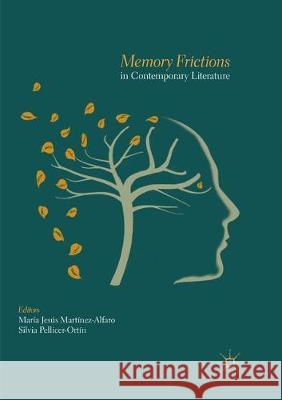Memory Frictions in Contemporary Literature » książka
topmenu
Memory Frictions in Contemporary Literature
ISBN-13: 9783319871547 / Angielski / Miękka / 2018 / 294 str.
Kategorie:
Kategorie BISAC:
Wydawca:
Palgrave MacMillan
Język:
Angielski
ISBN-13:
9783319871547
Rok wydania:
2018
Wydanie:
Softcover Repri
Ilość stron:
294
Oprawa:
Miękka
Wolumenów:
01
Dodatkowe informacje:
Wydanie ilustrowane











